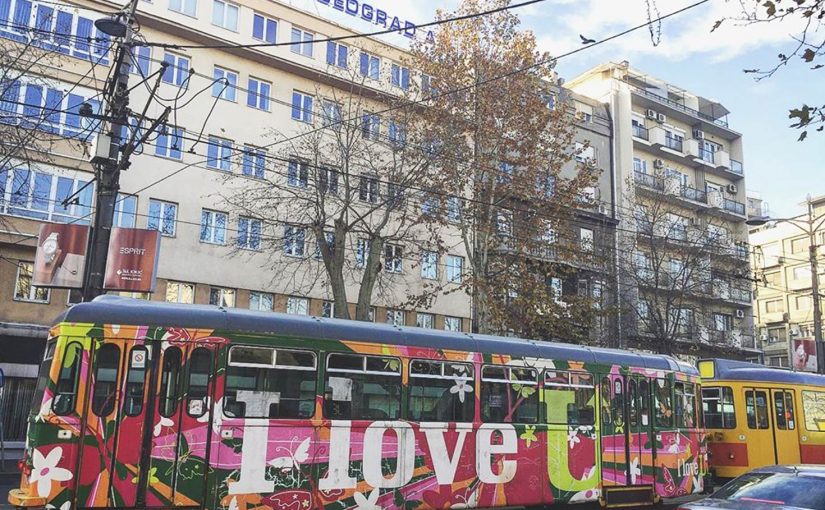FishingBooker Recruiter Vedrana Gnjatić knows there’s one question she’ll never be able to avoid when she tells people that she relocated from Australia back to the Balkans: “But why?!”
“Serbians who were born and raised here, and haven’t lived elsewhere, automatically know that I’m not ‘one of them,’ even though I speak the language and was raised with plenty of Balkan culture in my household,” she says. “People have reacted in all sorts of ways – from slight confusion to straight-up asking what’s wrong with me for coming back!”
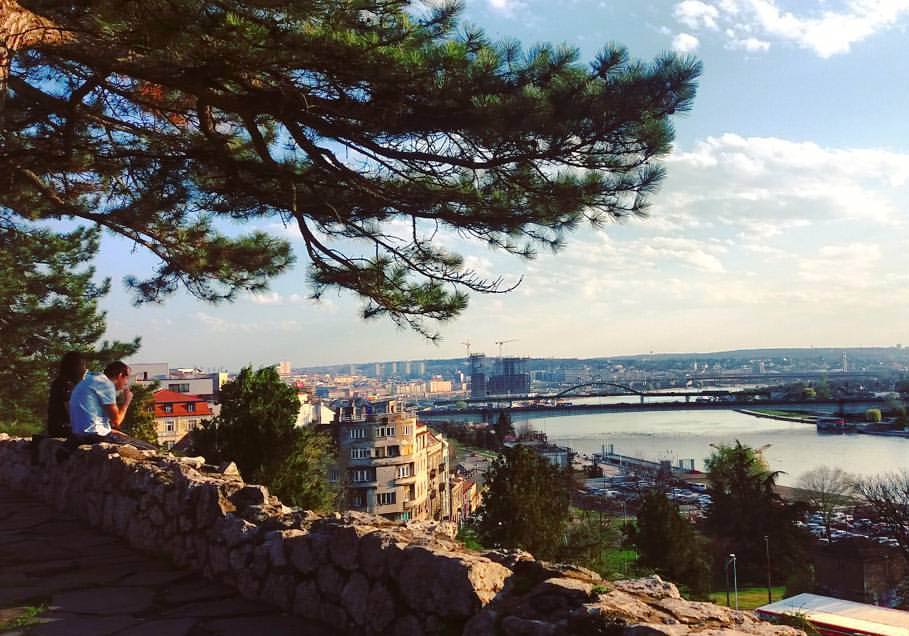
The reaction that Vedrana has experienced from non-diasporic Serbs isn’t unprecedented or uncommon. Despite a growing number of start-ups, a high level of education, and government initiatives designed to keep young talent in Serbia, the country continues to experience brain drain like much of the region.
When you look at it objectively, it’s not hard to make sense of this. Over the past several decades, Serbia has seen hardship and economic instability, leading many people to migrate to countries like Germany, Australia, and the US.
To those who stayed, it’s hard to understand why someone raised in a country with economic stability, a high GDP, and western privilege would choose to relocate back to the Balkans, where these things are either in flux or do not exist.
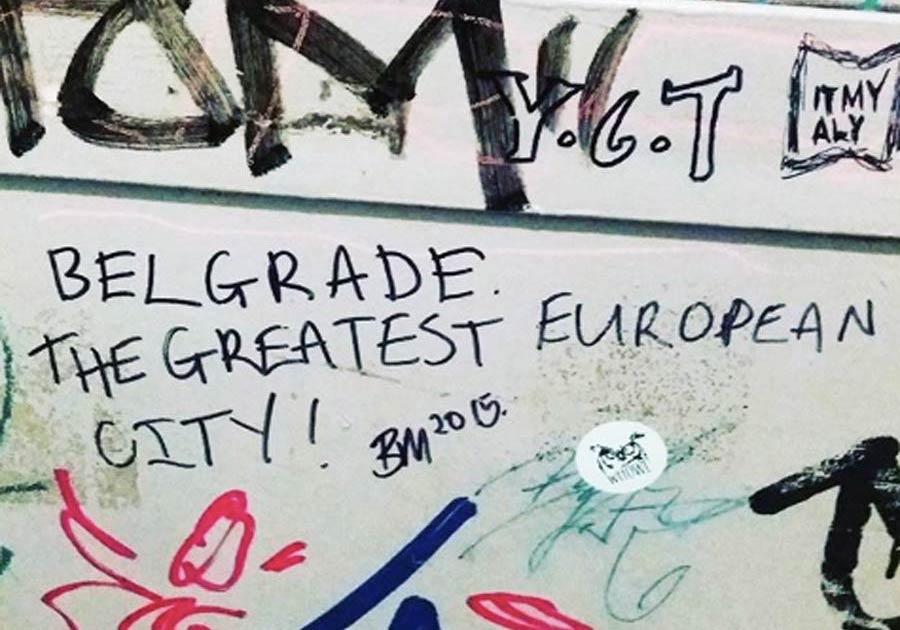
Identity. Stability. Lifestyle. In addition to Vedrana, FishingBooker is home to a number of people who resettled in Belgrade decades after their families left the region. These were only some of the reasons they came up with when asked to answer that inevitable question – “Why?!”
They’ve taken the time to share their experiences in this blog post, and to show you a new perspective on what life is like in Serbia. Hopefully, by the end, you won’t be thinking “Why?,” but “Why not?!”
Identity
When it comes to moving abroad, there are plenty of resources, blogs, and personal essays about the “expat” experience. There’s much less on offer when it comes to the diaspora experience, and next-to-nothing regarding the ex-Yugo diaspora movement, even though this phenomenon raises plenty of questions:
How does it feel to have a name that represents a culture and place you’ve only recently stepped foot in, if at all? To be born in a country that, actually, no longer exists?
“I don’t even know if I properly count as part of the ex-Yugo diaspora,” says Miloš Petrović, one of FishingBooker’s Partner Content Specialists. “I was born and raised in Serbia, but spent my formative years in the USA, playing basketball and attending college. During this time, my relationship with my Serbian identity really shifted – but I didn’t feel connected to any American identity, either.”
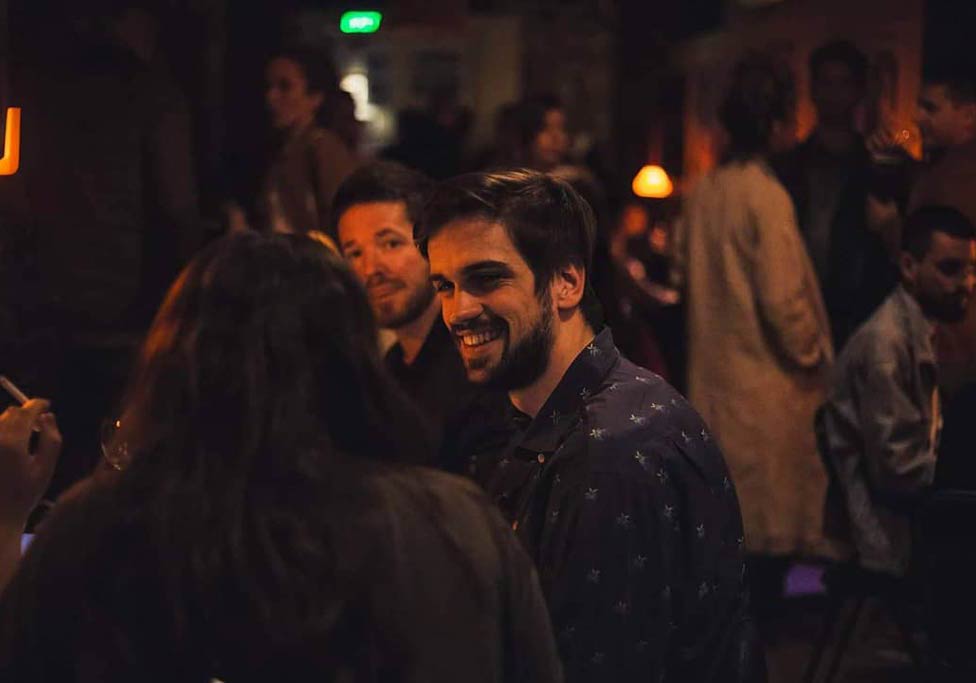
Miloš’s uncertainty regarding his place in the ex-Yugo diaspora is something that some of his other Balkan-born colleagues share. FishingBooker’s CEO, Vukan Simić, was born in Belgrade, but spent the first part of his life in Canada before relocating back to Serbia in the late 90s.
Despite having Canadian citizenship, Vukan made the unusual decision to set up shop in Serbia – and, like Miloš, does not necessarily consider himself part of the ex-Yugo diaspora. “By the time I was nine years old, I’d visited the continents of Asia, South and North America, Europe, and Africa. As the decision to move wasn’t my choice, and I was so young when it happened, I feel like Serbia has always been my home.”
Although both Miloš and Vukan might not necessarily consider themselves diaspora, this isn’t the case for everyone in FishingBooker.
In fact, what makes their stories so engaging is that they all have very different perspectives on what the ex-Yugo diaspora is and what makes someone part of it, with the concept of “choice” playing an especially important role. This, in turn, affects how they view present-day Serbia, as well as their roles in it.
One thing’s certain – there’s definitely no “one size fits all” ex-Yugo diaspora experience, which only makes this phenomenon all the more interesting.
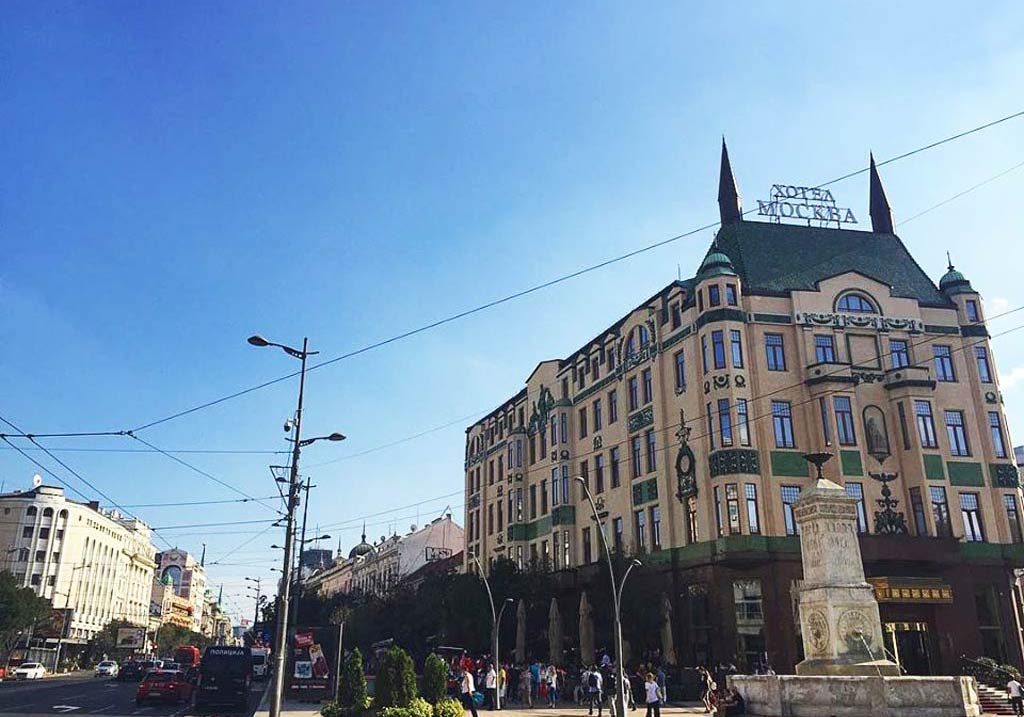
For example, Marko Lukić, Partner Content Specialist, was born and raised in Washington D.C., but he always knew he wanted to relocate here and be a “Belgrader” just like his dad. “I was raised in a very Balkan household,” he says, “and grew up in an immigrant community, where celebrating our differences was very important. My heritage was always a big part of my life.”
Because of this, returning to Serbia was always a personal decision for Marko. “I love being able to connect my memories to different parts of the city – every day, I walk past my own personal landmarks, places where my grandparents and parents made memories.”
Marijana “MJ” Lazić, a member of FishingBooker’s BizDev team, has a different experience as an immigrant. Her parents left then-Yugoslavia and relocated to Australia in 1968, and MJ remembers there being a lot of segregation in her part of Sydney, especially between Australians and ex-Yugo immigrants.
Despite this culture clash, however, her parents raised her to be proud of her roots. “Although I only stepped foot in Serbia for the first time in 2014, my Serbian heritage was at the forefront of my upbringing. I was totally immersed, and felt like I grew up somewhere that allowed me to explore my culture.”
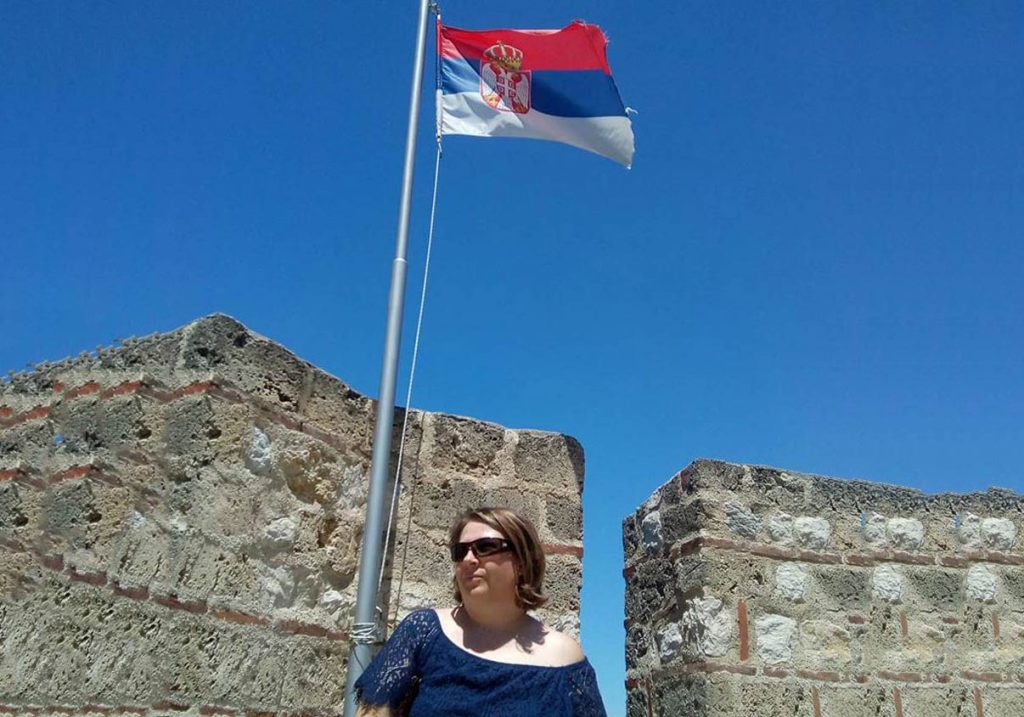
Because of this, MJ shares some of Miloš and Vukan’s perspective on being part of the ex-Yugo diaspora: “I prefer to call myself Australian of Serbian heritage – there’s a whole community of us here in Belgrade! I suppose you could say that I viewed this city and country through rose-tinted glasses, but how could I not? Living here allows me to visualize all the stories my parents have told me about their lives here.”
Iva Kurkić, also a Partner Content Specialist, was born in Dubrovnik. Her parents relocated to Canada when she was only five months old because, as Iva puts it, “We thought we were just waiting out the storm!”
The storm, it turns out, lasted until 2015, when Iva made the leap and moved to Belgrade. “I used to spend my summers vacationing in Serbia and Croatia,” she says, “and this really made it obvious that a huge part of me felt as though something was missing [from my life in Canada], and that’s when I decided to relocate to Belgrade.”
The search for identity, and wanting to feel connected to a larger cultural identity, obviously plays a big part when it comes to making these types of decisions.
As Vedrana says, “It was difficult to figure out if I was Australian, Australian-Serb, or Serbian. When you’re a teen, this is a crisis, because it’s a matter of belonging. It’s so important for humans to feel like they belong somewhere, and something like this [being part of the diaspora] can disrupt it.”
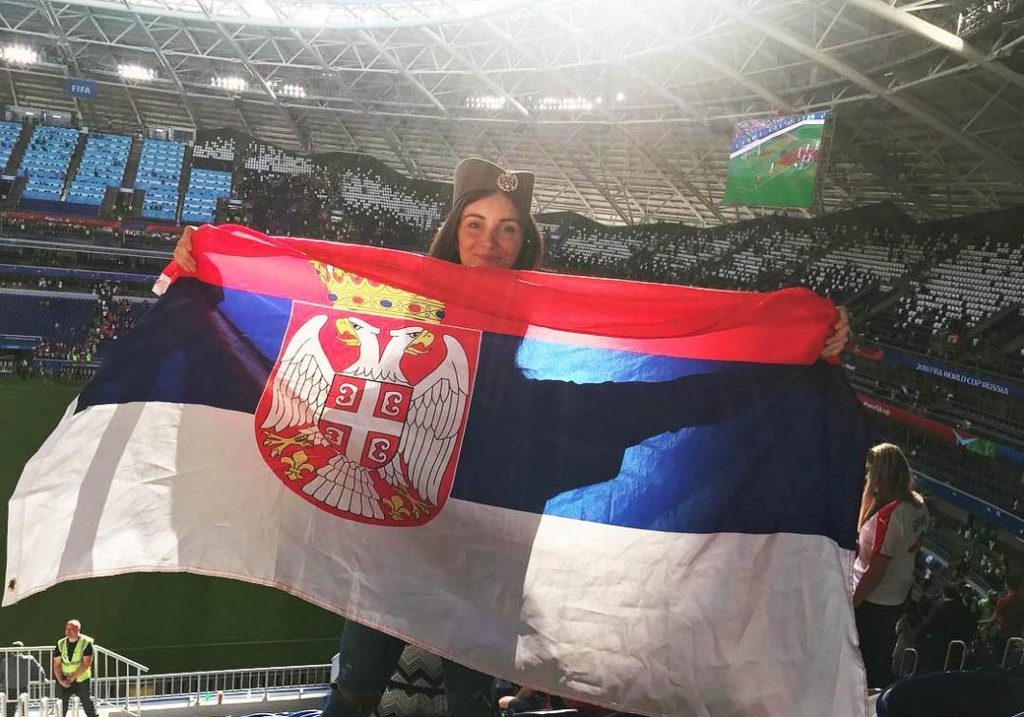
However, the search for identity isn’t necessarily a journey that lasts forever– people can easily explore their heritage, discover more about themselves and their history, and then return back to their normal lives. So what made FishingBooker’s diaspora decide to stay here?
Stability
Something that most of these teammates have in common is, unsurprisingly, movement! Vukan had traveled all over the world by a young age, Miloš lived in a variety of small Southern towns throughout America, both Iva and Marko spent their school vacations traveling back and forth from the Americas to the Balkans…
For Miloš, spending time in America as an immigrant gave him a new appreciation of what it’s like to live somewhere where he no longer feels alienated and bound by restrictions placed on foreigners.
“A lot of my friends were surprised when I returned to Belgrade,” he says. “But it’s not like I was living the American Dream out there. I feel a sense of stability and opportunity here in Belgrade that wasn’t quite reachable in the USA.”
Stability is something that Vukan values about his life in Belgrade, too. “Moving around so much was a powerful experience that broadened my horizons, and taught me how to soak in other cultures and fully understand people from all walks of life,” he says – but these weren’t the only lessons he learned.
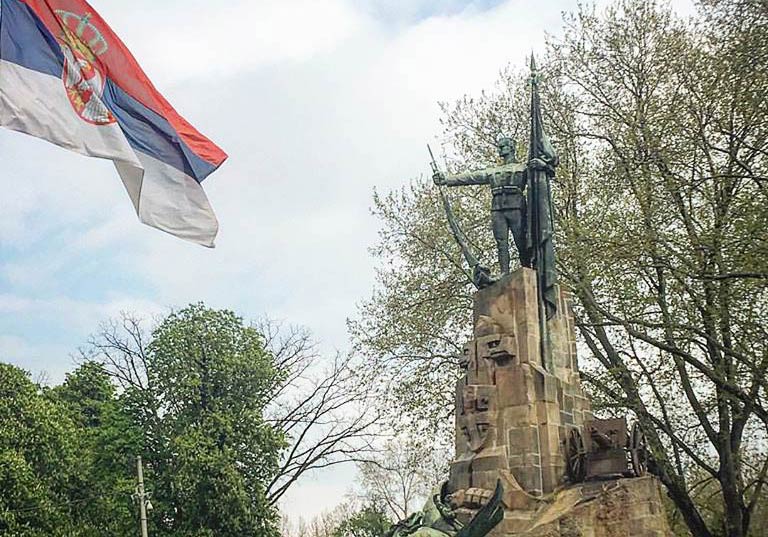
Despite having the choice to move back to Canada for university, Vukan opted to remain in Belgrade. The same decision arose when FishingBooker was in its early stages – return to North America to grow the business, or stay in Serbia?
Vukan, once again, chose to stay in Serbia. Although there are a myriad of reasons behind his decision, such as FishingBooker’s product being completely unique in the Balkans, one in particular stands out: “Having access to so many traveling opportunities at such a young age made me want comfort and stability, and Belgrade is the place that provides this the most for me.”
So how do you find stability in a country that you’re only just starting a life in? Well, for Iva, discovering a career she was passionate about was literally a life-changing decision!
“Before I started at FishingBooker, I was working as a freelancer in Belgrade. It became clear to me that I wouldn’t be able to make the decision to live here for the foreseeable future until I got a ‘proper’ job, where I was passionate about my work and working alongside other enthusiastic people.
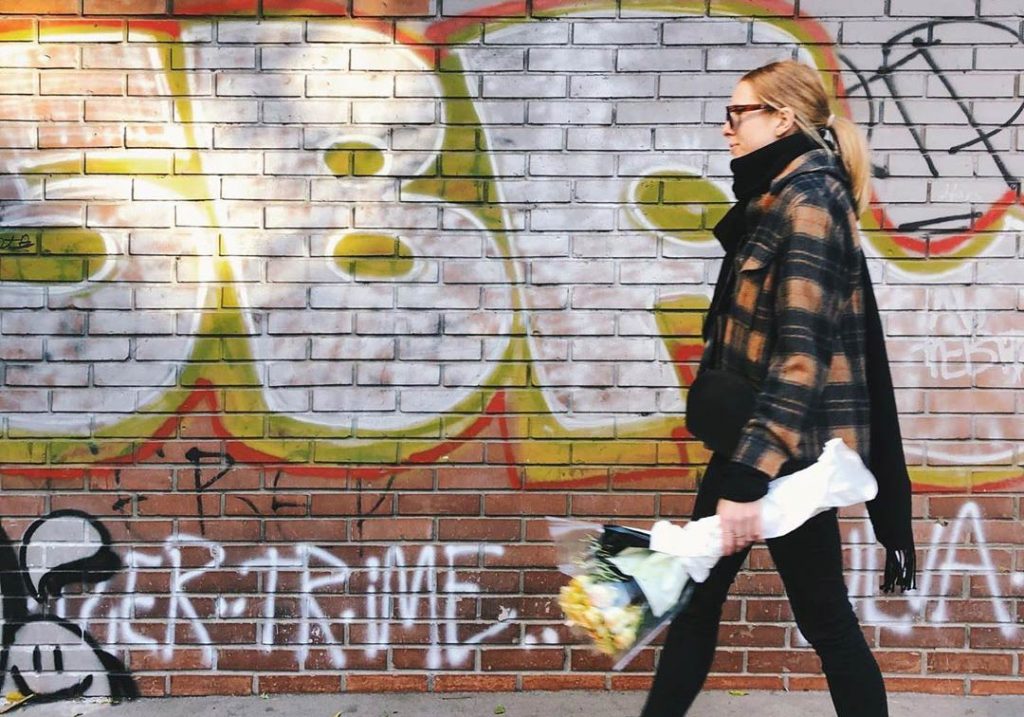
“I came very close to returning to Canada; I had never really planned on staying in Serbia forever,” she says. “Then I applied for a job at FishingBooker, and from the get-go it just felt ‘right.’ If it wasn’t for this job, I would have gone back to Canada – however, FishingBooker is worth staying in Serbia for, as I can learn so much here and pick up skills and grow.”
Vedrana agrees. “Basically, one of the criteria I set for myself when I moved to Belgrade was to make sure that I wasn’t ‘missing out’ or going backwards. I wanted to make sure I’d have the same quality of life as in Sydney – I wanted a job that would provide me with the same exciting challenges, as well as lifestyle, that I’m used to, and I found this at FishingBooker.”
Lifestyle
Having a good quality of life was something that our teammates unanimously agreed played a big part in their decisions to relocate back to Serbia.
Although comfort and stability might not be the first words that people only vaguely familiar with the Balkans would associate with this area, Vukan firmly believes that “if you have the capability to escape [Belgrade’s] disorganization, which FishingBooker helps people do, then you can literally escape the chaos and live a great life here.”
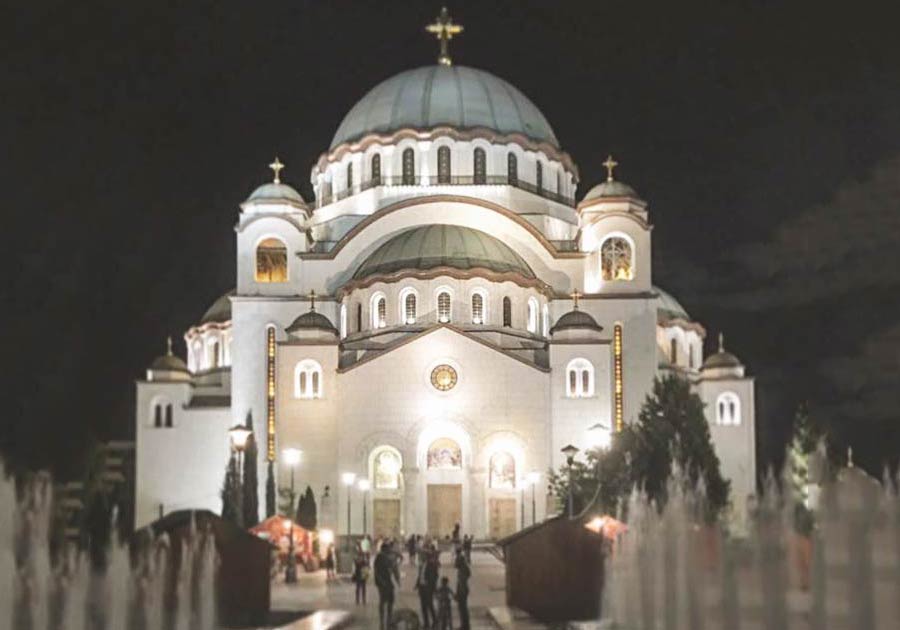
This is something that Miloš discovered during his time in America. “I worked there for six months after graduating college, and felt like I was on a hamster wheel of working, paying bills, and sleeping.” Because of this, he made the “impulse decision” to move back to Serbia, and says that it would take a lot for him to consider being an immigrant again.
“There are so many factors that need to come together to live a good life in America, and it’s so rare for that to happen,” Miloš says. “There are wealth gaps in Serbia but it’s much more ‘in flux,’ and this generation’s job prospects are a lot more flexible and plentiful than previous generations.”
For Vedrana, finding a strong work-life balance was incredibly important. “My parents always disliked the sense of competition in Australian culture, and it’s something I noticed, too. I feel settled here, and have adjusted to how things function in Belgrade.
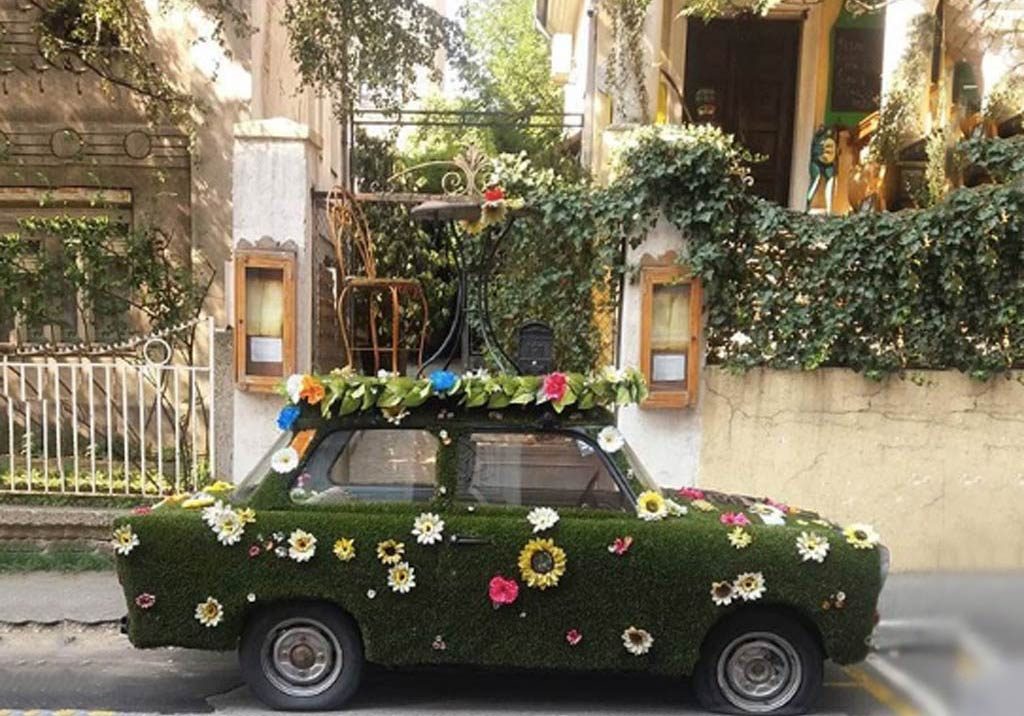
“You just can’t compare your life here to your Western life – at the end of the day, you made a choice to come here, and need to understand all of the factors that contribute to your life here,” Vedrana explains. “If you’re okay with that, then you can live here happily.”
“It’s about what is important to you – a salary that rivals those in countries like Australia, the USA, and the UK, as well as a system that works perfectly? You should probably look elsewhere”. However, Vedrana believes that “if you want a great work-life balance, and the chance to spend plenty of time with the people you love, then living here is the perfect option.”
Marko admits that he probably viewed Serbia in a somewhat idealistic way when he was younger and, realistically, had no idea of what his actual life here would look like – but he couldn’t be happier with it.
Despite working as a banker in the US, he always wanted to get into writing as a career, but finding a job that allowed both career development and a liveable salary was impossible in the US’s oversaturated job market.
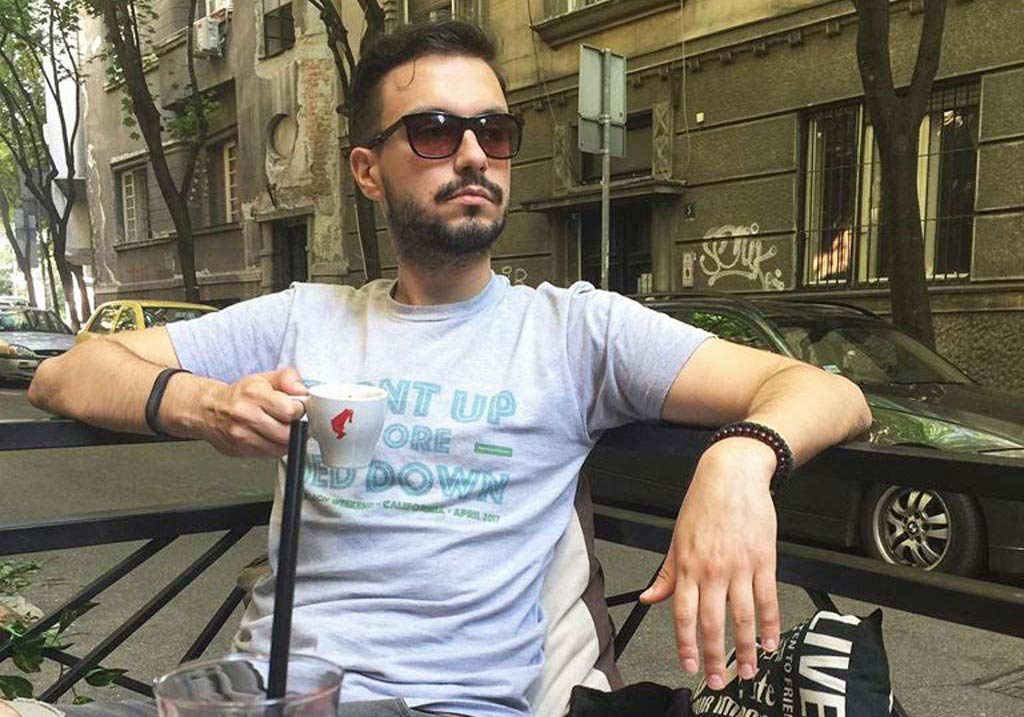
Not so in Belgrade. As well as finding a job that allows him to progress in a career that he’s interested in, Marko also believes that he’s contributing to a much-needed ‘brain gain’ in Serbia.
“I know that growing up in the US and studying there has given me a kind of privilege, and we hear all the time about how countries like Serbia are suffering from ‘brain drain.’ I like to think that, by returning, I’m contributing to a wave of ‘brain gain.’ In return, we get to work at companies like FishingBooker that celebrate our skills and individuality.
“We have the opportunity to help spread this message throughout Serbia, too – that actually, the grass isn’t necessarily greener, and there are some desirable job prospects right on their doorstep – so strong, in fact, that expats and diaspora are staying here because of it.”
“When you’re inside a culture that has suffered, it can be so hard to see the positives of it. I feel like myself, and the rest of the diaspora that choose to return here, can bring not only talent with us, but a fresh new outlook on Serbia and the Balkans.”
